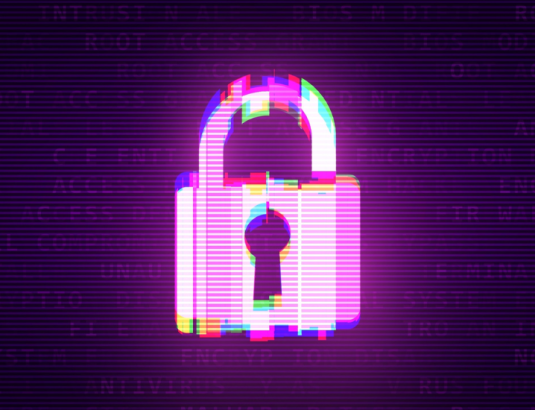


Is Quantum Computing a Threat to Network Security?
Undoubtedly, quantum computing stands as one of the most exciting technological leaps of our time, promising groundbreaking advancements in critical fields like science and medicine. However, it’s not all rosy. Quantum computing also poses a significant threat to cybersecurity.
In a previous article, we explored what quantum computing is and how it works, including the role of qubits. In simpler terms, quantum computing resembles a computer that can perform many calculations simultaneously, making it exponentially faster than a conventional computer. It has the potential to solve problems that classical computers simply cannot, such as simulating complex chemical reactions or optimizing intricate systems.
Before we dive deeper, it’s essential to understand that today’s digital world relies heavily on encryption, mathematical algorithms that encode data so that only authorized users can access it. Examples include:
- RSA
- AES
- ECC
These methods promise security for billions of years. Yet, the emergence of quantum computing is starting to challenge this reality.
Unlike traditional computers, quantum computers exploit the principles of quantum mechanics to process information at unprecedented speeds, potentially rendering existing encryption methods ineffective. Even the most robust encryption in use today may not withstand quantum attacks, creating new challenges for businesses and organizations.
The key cybersecurity threats posed by quantum computing include:
- Encryption breaches
- Data theft
- Digital asset hijacking
- Exposure of confidential military or diplomatic information
Preparing ςfor the quantum era is crucial. Organizations need to take critical steps to ensure their cybersecurity systems are quantum ready. These steps include understanding the threat landscape, assessing risks, and identifying the cryptographic systems in use. Documenting cryptographic resources, algorithms, certificates, and protocols is also essential. Additional key actions include:
- Updating software and hardware to support quantum-safe standards
- Evaluating the potential impact of quantum breaches
- Developing mitigation strategies for high-risk areas
- Conducting rigorous testing to ensure performance and security
- Training IT, cybersecurity, and leadership teams on the implications of quantum computing
- Creating a roadmap for transitioning to quantum-safe cryptography, including timelines, resource allocation, and testing phases
- Collaborating with vendors, cybersecurity experts, and industry groups to align with best practices
- Participating in initiatives and research projects focused on quantum-safe solutions
The quantum revolution is on the horizon. While it promises extraordinary technological advances, it also challenges us to rethink and reinforce the foundations of cybersecurity. Being proactive now will ensure that organizations are ready to navigate a future where quantum computing is a reality.




